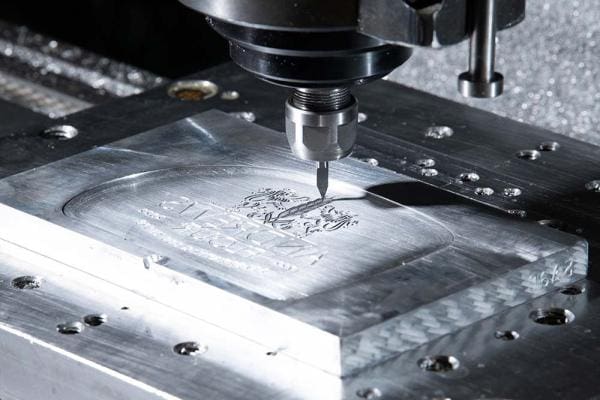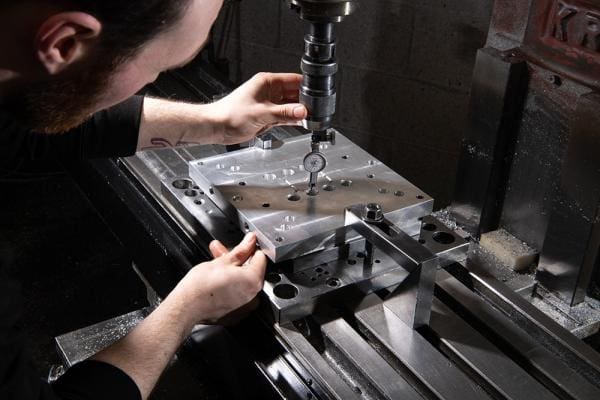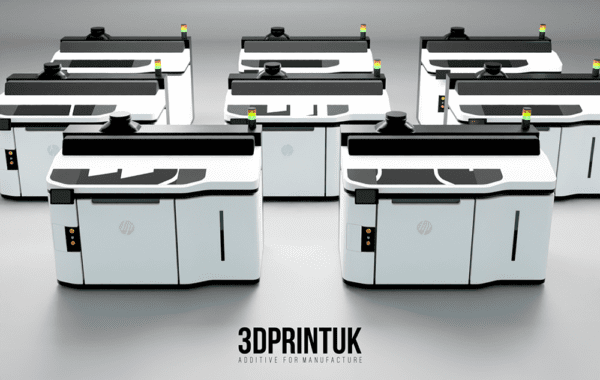
Great Central Plastics | The Benefits of British Made Tooling
When looking to invest in British made tooling, import tax and VAT can be contributing factors to your decision. But you might not also be aware of a potential tax trap that might catch you out.
If you send money to an overseas supplier to manufacture your tool. This may result in a cheaper unit price which in turn results in a less import tax and VAT when importing them into the UK.
However, HMRC can look into your outsourcing of the tooling to an overseas supplier. They are likely to compare the cost of your product with the cost of the tooling amortised into the unit price which will therefore increase the import duty and VAT!
There is nothing wrong with amortising tooling into the unit price. However, it’s an opportunity for HMRC to increase tax revenues by closing this loop hole.
Of course buying British doesn’t incur import duties and therefore can work out cheaper in the whole scheme of things. This is just one of the many benefits, you can learn more of the benefits here – Benefits of British Made Tooling
Communication
Bespoke manufacturing projects require an increased level of communication. Dealing with overseas companies for your tooling needs can pose significant communication challenges. The result is your project may stall or encounter problems before you even get started.
For instance, you will have an 8-hour time difference when working with a company in China. That means your office hours will only start at the end of your supplier’s day. This situation can lead to delays and frustration.
Of course, there are challenges posed by language. English may be their second language, but your supplier may not be familiar with the nuances and intricacies of business language.
You don’t have these problems using Great Central Plastics for British-made tooling. You can be sure we share the same office hours, and we will completely understand your requirements.
In-House British-Made Tooling
Here at Great Central Plastics we have an in-house tooling facility. Therefore, you can be sure the people you are communicating your requirements to are the same ones producing your tools.
This aspect of British-made tooling gives you the confidence that we can adapt to modification requests and implement them instantly. This reassurance is crucial if you are engaged in a bespoke manufacturing process.
We can provide you with regular updates on how your tooling is progressing. Having an on-site facility means we have continuous oversight of the process and no delays in waiting for information.
Lead Time and Price
The quoted price you receive from an overseas supplier may be what it costs them to complete your tooling requirements. However, that is unlikely to be the price you pay. Other considerations that will increase the cost of your tooling include the following:
- Packaging.
- Environmental precautions (e.g. fumigation of a container)
- Transport to port.
- Shipping.
- Customs documentation.
- Import tax and VAT (see below).
Once you have factored in these additional costs, you will have a better comparison to British-made tooling.
Of course, you also have to consider the transport time. If your tooling is extensive, it is likely to have to be moved by sea. This will add another couple of months to the time it takes to get your tools. Two months could potentially be the difference between exploiting a new market opportunity and missing out on competitors.
Sourcing your tooling requirements in the UK means you will have them on your production line as soon as possible. We are based in the Midlands, so we are relatively close to any mainland UK company.
Import Tax and VAT on Subsidised Tooling
You may have already considered import tax and VAT in deciding whether to source overseas or use British-made tooling. However, you might not be aware of a potential tax trap you could be falling into.
Suppose you were to work with an overseas supplier and send them money to produce your tools. This may reduce the cost of producing the widgets for your supplier, who then charges you less for them. Therefore, when importing these widgets to the UK, you don’t have to pay as much import tax and VAT.
However, HMRC has a piece of legislation many companies are unaware of. If HMRC identifies your company as having subsidised overseas tooling, they can raise a case for an assessment. This assessment compares the widget cost with subsidised tooling to what it would have cost without you paying for the tooling. Potentially, this can increase your import duty and VAT considerably.
Of course, it is perfectly legal to subsidise tooling, and it may make sense to do so. However, HMRC realised an opportunity to increase their tax revenues, so they have closed this loophole. As with all matters regarding HMRC, ignorance is no excuse, so at least you are now aware of this potential trap.
Conclusion
Many companies choose to have their tooling produced overseas because they have assessed it best for their business. However, some have simply gone to overseas suppliers because they assume it to be cheaper.
Hopefully, this article will have shown you the benefits of British-made tooling, so you can make a better comparison. If you have any queries about tooling requirements, please contact us today.
Click here to read the original article.
Read more news from Great Central Plastics here.
Great Central Plastics
+44 (0) 1327 264277
Website
Email







